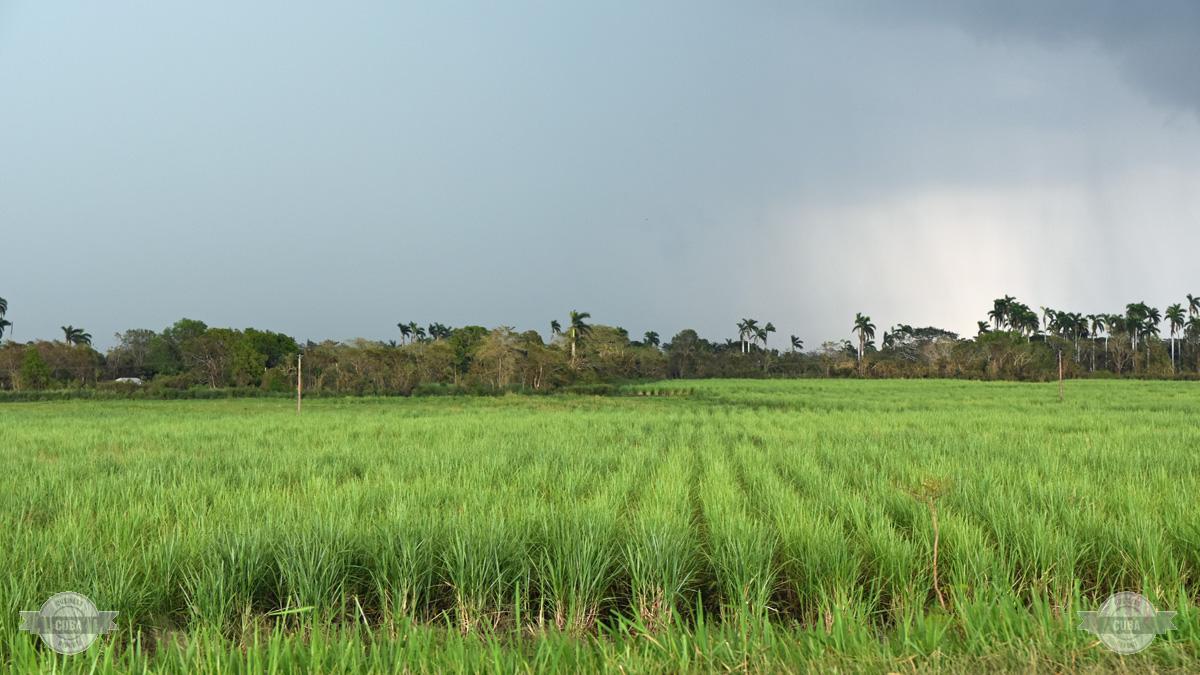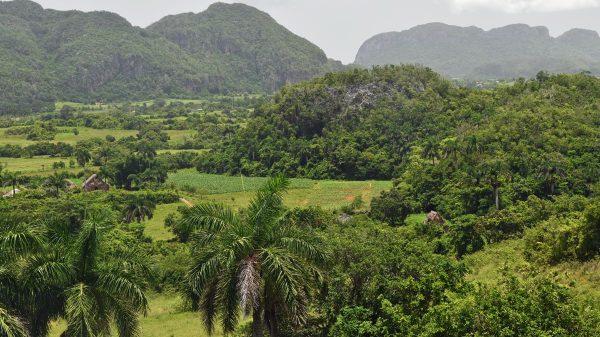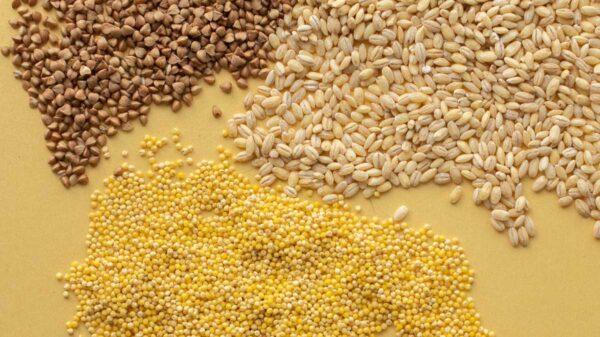The U.S. blockade is a major cause of Cuba’s economic difficulties, although not the only one. Structural problems, perhaps not foreseen, have arisen from the successes of the Revolution. Some are contributing to the crisis in the agriculture sector as outlined in W.T. Whitney Jr.’s article in Peoples World, “Worse than the Special Period: Cuba’s food situation more desperate by the day.”
Today, as a result of an aging population, there is a significant shortage of workers within on the island and especially in agriculture. Because of a loosening of travel restrictions, there are a sizeable portion of educated young Cubans leaving to gain greater material wealth in the United States. Like youth everywhere, Cubans want to experience more of the world than is possible by remaining in Cuba. Globalization has resulted in greater mobility throughout the world and this is impacting Cuba negatively.
As one of the key priorities of revolutionary Cuba, it has developed a world class free education system that has delivered a highly educated population. Many of these aspire to pursue careers outside of their communities and in jobs suited to their education. These include scientists, educators, accountants, lawyers, and medical personnel. Presently, there are not enough jobs that provide the same opportunities for advancement as exist in the U.S.
Cuba has a highly developed tourist industry, making it Cuba’s largest employer. This attracts professional and non-professional Cubans who desire the financial rewards coming from tips. It is another drawdown on rural communities where, once families through generations, remained farmers.
There are two universal transformative changes that occur with education and social and economic development. One is a reduced birth rate, and the second is an urbanization of society. Like many other developed countries, Cuba is also impacted by this trend.
As outlined in Whitney’s article, there is a serious crisis in Cuban agriculture. The article asked, When do we begin to plant? Who will do it? Farmers are every country’s greatest need. Doctors can often maintain life, but not without food. To address the shortage of farmers, Cuba could consider encouraging the targeted immigration of young people to fulfill the shortage of farmers.
How can Cuba attract people for agriculture? To better understand why immigration can be a part of the solution to the shortage of agricultural workers, we should first look at the demographics. The demographic figures show “50.4 percent of Cuba’s population is female, while 49.6 is male. At the start of 2023, 77.5 percent of Cuba’s population lived in urban centres, while 22.5 percent lived in rural areas. The median age of the population is 39.5, making it the oldest in the Americas. The population of Cuba is in decline. Fertility rates have been at a sub-replacement level for many years. In 2021, the fertility rate was 1.45. In 2020 and 2021, there were more deaths than births.
There are a number of Latin American countries with high unemployment rates among the youth. Also, these countries have a medium age of just over 30 years. Some have strong communist and socialist movements with cadres of young people who appreciate the importance of the Cuban Revolution. They could be of assistance in attracting suitable emigration to Cuba.
For centuries, people have migrated to different countries so their children could have greater opportunity. North American history is one of non-English-speaking people emigrating from their homeland to America primarily to benefit their children. Cuba could be a beacon of freedom and liberty for a new influx of immigrants escaping the repression experienced in their native lands.
To see immigration as an answer to the crisis in farming, Cuba must offer incentives that will attract immigrant farmers. This cannot be done with the attraction of materialism but with assurances that one’s children will have a better future in Cuba through the obtainment of education that Cuba offers. In many neighbouring countries, it remains unaffordable and inaccessible to poorer farmers. Also, Cuba has an abundance of land that could be used for agriculture by new immigrant agricultural workers. One major attraction could be the provision of free land for farming within the context of agriculture cooperatives or state farms that are the foundation of Cuban agriculture. Immigrant farmers would be expected to adapt to the communal solidarity that is a strength of the Cuban socially cooperative system.
Cuba has lower immortality rates and higher life expectancies than in the U.S. and in many other Latin American countries. This in itself could be a convincing message to attract foreigners to Cuba.
Additional incentives that could attract farm labor could be housing, guaranteed pensions, and government support in integrating them into a productive agricultural labour force. Building on the foundations of agricultural necessities like seeds, fertilizers, and agricultural mechanizations, must be in place. Cuba also needs to ensure the modern necessities of rural electricity, water, sewage systems, and telecommunications for farm communities.
In Cuba, there is a recognition of realities of crisis and the urgency of “creating wealth, first, by producing food.” The Cuban agricultural sector urgently needs people or organizations to help devise and develop a political and participatory movement that will unleash an agricultural revolution.

Ron Brydes is a a working class political, environmental and peace activist, who took up writing upon retiring from working in industry as a engineering technologist.














